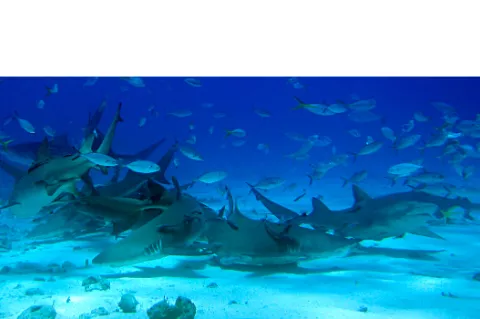Leadership Rescue Workshop Series to be Launched in Bimini, March 2018
The Leadership Rescue Workshops are open to any certified dive leader, including divemasters, assistant instructors and instructors from other agencies.
The workshop is designed to teach the most effective, state-of-the-art diving rescue techniques in a rigorous three-day program conducted by Course Directors Walt “Butch” Hendrick (NAUI 1724) and Andrea Zafares (NAUI 10533) of Team LGS, the most globally recognized authority in diving rescue and public safety diver training and education.
















